________________________________________________________________________________________________
The FOGHORN
ROTARY CLUB OF HALF MOON BAY
October 3 2018
US REPRESENTATIVE JACKIE SPEIER
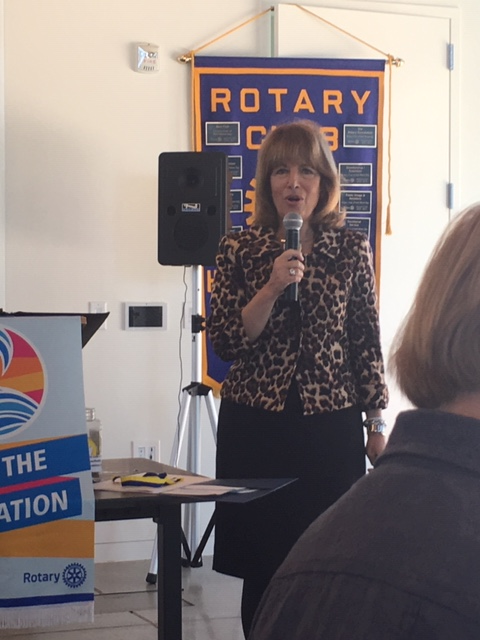
Article by Stacy Trevenon
Photos by EP
President Paul Wrubel introduced a "really special person" as the day's speaker, Congresswoman Jackie Speier, 14th District, California. He began with some general information about her: she is a Democrat, has been with the California State Senate, and in 2008 took her House of Representatives seat. She was born in San Francisco into an apolitical family that included a survivor of genocide in Armenia, was named for Jackie Kennedy (Onassis), earned her college degree at the University of California, Davis and was pronouncd by President Paul to be a "terrific, one-of-a-kind representative."
For her part, Speier happily noted that, given an excuse to come to the Coastside, she'd be there. She was accompanied by District Director and aide Brian Perkins.
President Paul asked that questions from the listeners be put on cards and passed up to her. She began by noting Half Moon Bay Rotarians' contributions to their new public library. Then, noting that "this county is a remarkable place," she reminded the listeners to remember that when they see incidents like this week's events -- pipe bombs mailed to someone the sender disliked, the Kentucky resident who shot two African Americans and the shooter who killed 11 Jews at a Shabbat service. "All of us know, this isn't our America," a sentiment we all need to step up and articulate, she said emphatically, remarking how events were indicative of what she called "a seismic shift going on." This kind of thing isn't good for our country, where people have the right to differing opinions, she said.
.JPG)
Delving into that "seismic shift" as something that involves women and younger voters, she noted striking increases in numbers of ballots cast by voters under age 30 in states including Texas, Nevada and Arizona. She also noted that today, in Google offices around the world, 60 percent of the work force walked out at 11:10 a.m. in protest of Google allowing regular compensation and retirement benefits even to those named in sexual harassment complaints.
She spoke of mail-in ballots: how in San Mateo County the roughly 500,000 residents eligible to be registered to vote, comes out to about 400,000 registered voters. About 42 percent of those cast ballots-- a number up from 37 percent -- but still less than half of those registered to vote -- who did so in the primaries. Around the world, she said, there is typically a high percentage of people who vote. To paraphrase John Kennedy, she said, "we can do better," and elections matter.
She told of how she -- self-described as a moderate and liberal -- once worked with a very conservative Representative from Alaska, to pass a bill in the House in support of the Me Too movement. "We mean to say," she went on, that no one should work where they don't feel safe. Unfortunately, it did not pass in the Senate.
Talking about working together, Speier cited millennials who do not abide by "accepted" standards set by previous generations, such as Boomers. She mentioned multiple branches of government and the shrewd Founding Fathers who, she said, worked for balance. So, what do we need to work on now to reach common ground?
She spoke of health care, and of amendments to repeal the affordable care act. Drugs cannot continue to rise in price as much as they have, citing as example 208 percent in the years from 2008 and 2016. People don't fill needed prescriptions because they can't afford to, she said, encouraging negotiation of discounts. She cited rising costs for medications for illnesses including cancer or hepatitis C, such as $1,000 per pill, which can be prohibitively costly even if the medications are for short regimens. As an example, she mentioned insulin costs having tripled.
She spoke of cost-of-living and inflation, and the need to focus on infrastructures. Repairs of infrastructures are essential, she said, like filling in potholes on highly traveled roads. She also spoke of the need to spend time on the issue of accountability, and as an example described how increases in tariffs can lead to farmers becoming disadvantaged.
She spoke of the growing defense budget, and how she wants to support military personnel and their families but not waste money on systems that we do not need. Some conventional weapons systems are wasteful, and the focus needs to be brought more up to date, such as preparations for cyber wars, which will be how conflicts of the future will be waged. And she spoke of wasteful military expenditures, such as an expensive experimental naval battleship that may not function effectively in war. The President asked for two more of these ships, to keep workers employed, and Congress authorized funds for a third ship. She postulated that it was more cost-effective to just pay the workers.
She spoke of proposed changes to Medicare and Social Security, and of tax fixes. An increase of the percentage contributed by individuals and their employers could make Social Security solvent by 2070.
She concluded her talk with a story about Ben Franklin being asked, as he exited a session of the Constitutional Congress, what kind of country will we have? He responded, a republic if you can maintain it.
Discussions and questions followed. President Paul took "executive privilege" to ask the first question: when he was teaching in Connecticut, he would have government officials speak to his students. One speaker told him that what kept him up at night was the realization that when he was elected, there was a percentage of voters who voted for him. But that meant there was also a percentage who did not, whom he was still obliged to represent. He cited an example of someone who was of one party and became an independent. Speier spoke of how in politics today, politicians are not willing to meet in the middle for fear of losing their primary elections, and how there are a lot of personal interests in the decision-making process.
Irwin Cohen returned to Medicare and Social Security, discussing vouchers potentially undermining programs and contributing to seniors living in poverty, and Speier said she did not think they would pass.
The conversation shifted to immigration, and Speier recalled a 2011 immigration crisis and a bipartisan solution including means of gaining citizenship, which passed the Senate but not the House. There was also discussion about the caravan now approaching Mexico and what should be done, and asylum seekers, hearings and pertinent legal proceedings. Also discussed were the issues of a potential shortage of judges to hear individual cases, and alternatives to imprisonment such as staying with sponsors or family.
Discussion also centered on the ability to build bipartisanship following the upcoming election, the damaging impact of opioid exposure and tax caps on what people earn through Social Security.
Finally Speier was asked to autograph 10 children's books to be distributed to Coastside children, as Rotary speakers are invited to do after their talks. She responded with a smile and an enthusiastic "My pleasure!"
PHOTO GALLERY
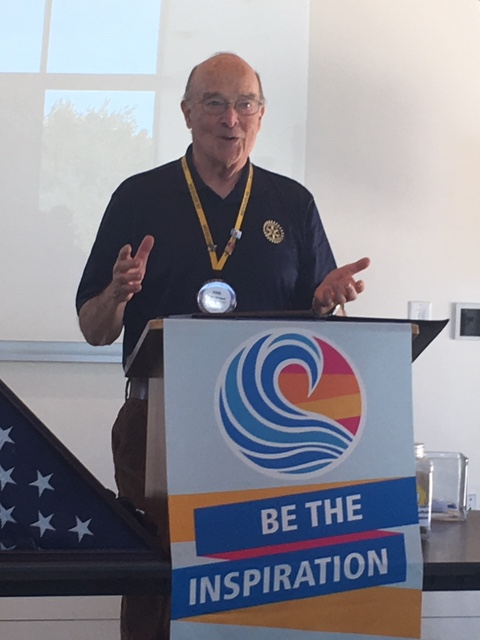
.JPG)
.JPG)
.JPG)
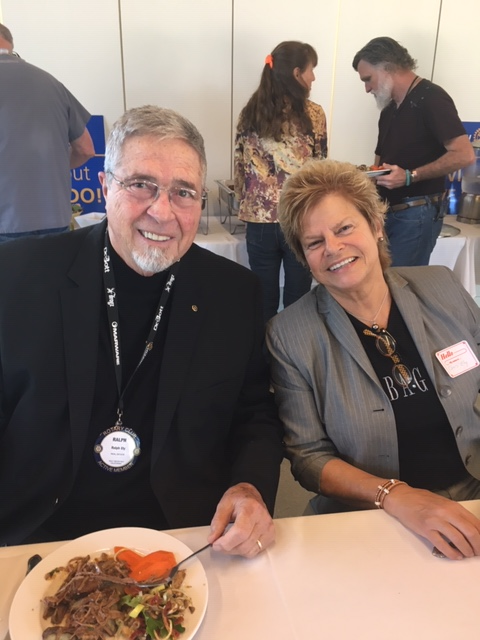
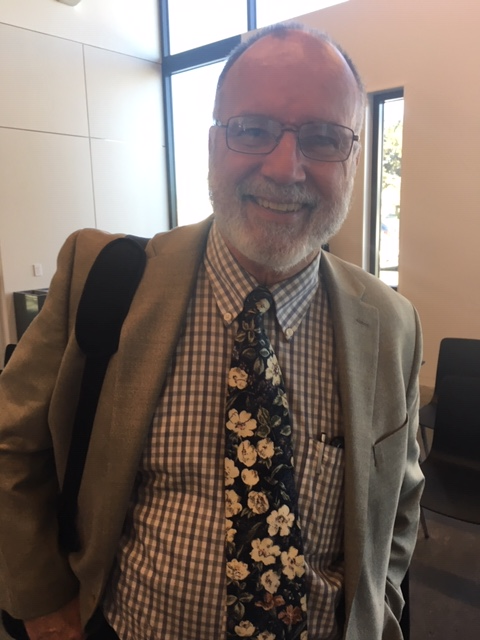
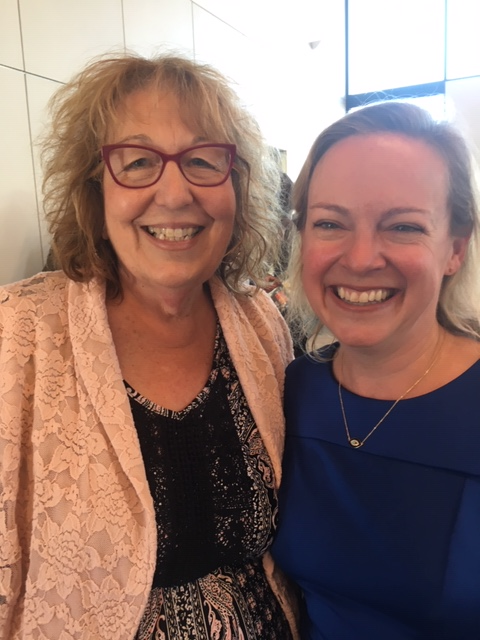
.JPG)

.JPG)
.JPG)
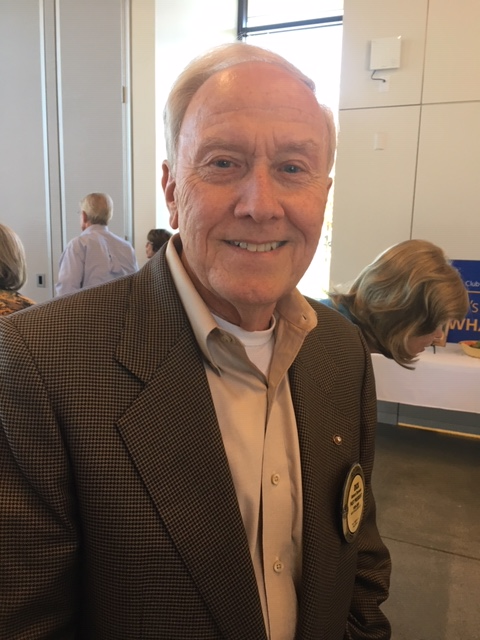
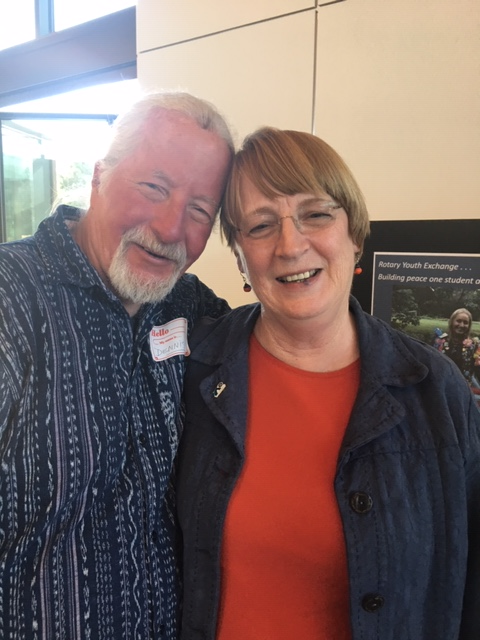
.JPG)
.JPG)
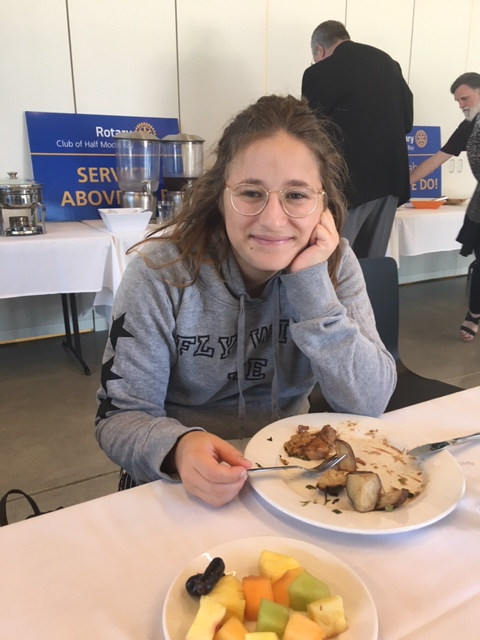
.JPG)
REMINDERS
Our Monthly Rotary Day at the Community Free Breakfast (held at the Lutheran Church will be Wednesday, NOVEMBER 28. Please sign up with ROSE SERDY for a shift for future days (last Wednesday of each month.)

